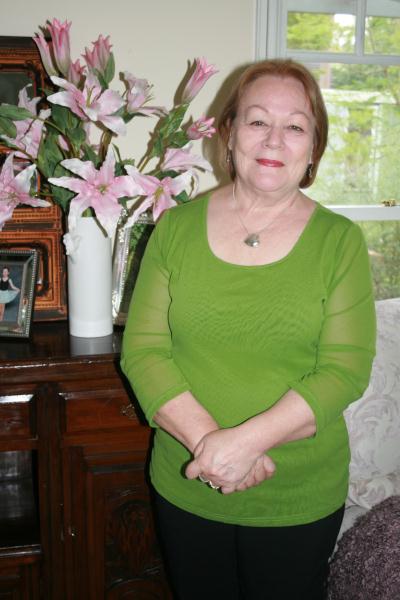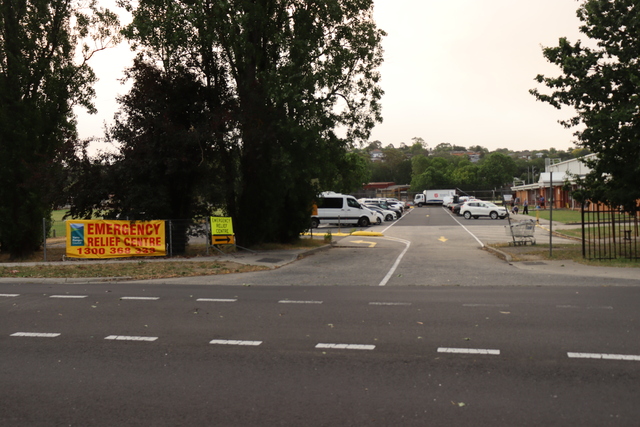By REBECCA BILLS
Thousands of Australians are unaware that they suffer from coeliac disease.
Upper Ferntree Gully resident Christine Elder-Lane spent a considerable part of her life unaware that she suffered from the disease until doctors, based on the symptoms of fatigue and depression, diagnosed her.
Coeliac disease is an autoimmune disease where people experience an abnormal reaction in their small intestines when they consume gluten.
Mrs Elder-Lane said before she was diagnosed she felt very scared and upset to think what was wrong with her.
“I could not work like other people and I was in bed by 7.30pm most nights as I was just so exhausted and unwell,” she said.
“Eventually, I was sent to a physician who told me I could only work two or three days a week as he believed I was doing too much.
“There was nothing conclusive with his tests, and so I worked the two days a week for a few years still experiencing the symptoms,” she said.
The mother of four then suddenly lost her first husband to a heart attack when she was just 41 years of age and had to return to full-time work.
“Some work colleagues just did not understand my fatigue – I was judged harshly,” she said.
“It wasn’t until I was at the peak of the illness that I was sent to a gastroenterologist who performed a small bowel biopsy and called me a week later, asking ‘did you know you have coeliac disease?’.”
Since the diagnosis, Mrs Elder Lane said she had experienced a dramatic increase in quality of life and found being gluten free relatively easy.
Coeliac Australia technical officer, Accredited Practising Dietician Penny Dellsperger said there was considerable number suffering from the disease and that she was concerned that not enough testing for the condition was being performed in general practice.
“Patients are presenting with symptoms of coeliac disease, but the root cause of the problem is not being picked up,” she said.
“There are particularly low rates of detection in men – making up only one third of tests.
“It is heartening however to see that once someone is diagnosed their quality of life improves and their risk of long term health problems diminish.”
Coeliac Awareness Week ends on Friday 20 March and highlights the importance of diagnosing coeliac disease with the theme ‘Sick and tired of feeling sick and tired’.







